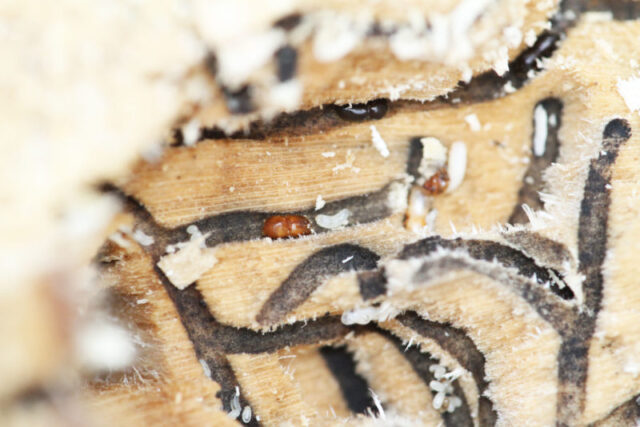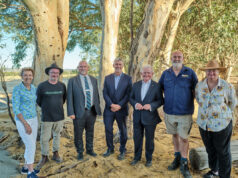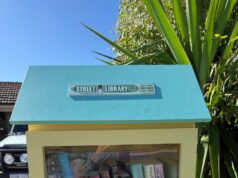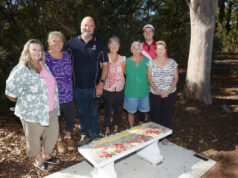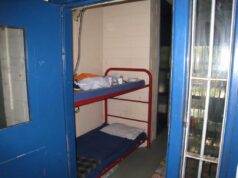Canning council is set to spend $100,000 to attack an exotic beetle that is killing local trees.
Last week’s council meeting was told the invasive polyphagous shot-hole borer has killed at least 42 trees in Canning at a cost of $233,000 with at least four more trees set for removal.
The pest escaped from a cargo ship in Fremantle in 2021.
It burrows into a tree and plants a fungus that blocks water and nutrients slowly killing the tree.
Trees in Hyde Park, Lake Claremont, Kings Park and Perth Zoo have also been affected and are due for removal.
Deputy mayor Amanda Spencer-Teo and Cr Mark Bain passed a motion for the spend due to the lack of action from the State or Federal governments to protect local trees.
Their motion requested council lead public outreach campaigns and partnerships to prevent the spread of the borer, as well as money in next year’s budget to “proactively inspect” trees.
Canning is one of 25 councils under quarantine which meant tree cuttings and trees cannot be transplanted to properties outside of the quarantine zone.
Mayor Patrick Hall called the borer the “biggest environmental disaster to hit the state in its history” and one that “no one seems to be willing or ready to talk about”.
He said tens of thousands of mature trees were going to be lost.
A city officer’s report said while the Department of Primary Industries and Regional Development had “significant funding”, that did not include capacity for “proactive inspection” of all susceptible tree species within the Canning district.
“Officers using the city’s tree database will arrange external arborist proactive inspections of these species with a view to work with DPIRD in supporting targeted limb and branch removal rather than DPIRD’s current approach of removal of whole tree and stump,” the report said.
“This approach has been developed and followed by other local governments within the quarantine zone.”
Cr Michelle Hurn voted against the motion saying the money was too late to stop the borer.
She said an effective insecticide was needed.
Officers said the funding could be drawn from the city’s urban forest reserve, which has a budgeted end-of-year balance of $1 million.
According to the DPIRD, response activities include surveillance, containing the pest to prevent spread to non-infested regions in WA, advice and information to residents and industry, and the removal of infested trees.


